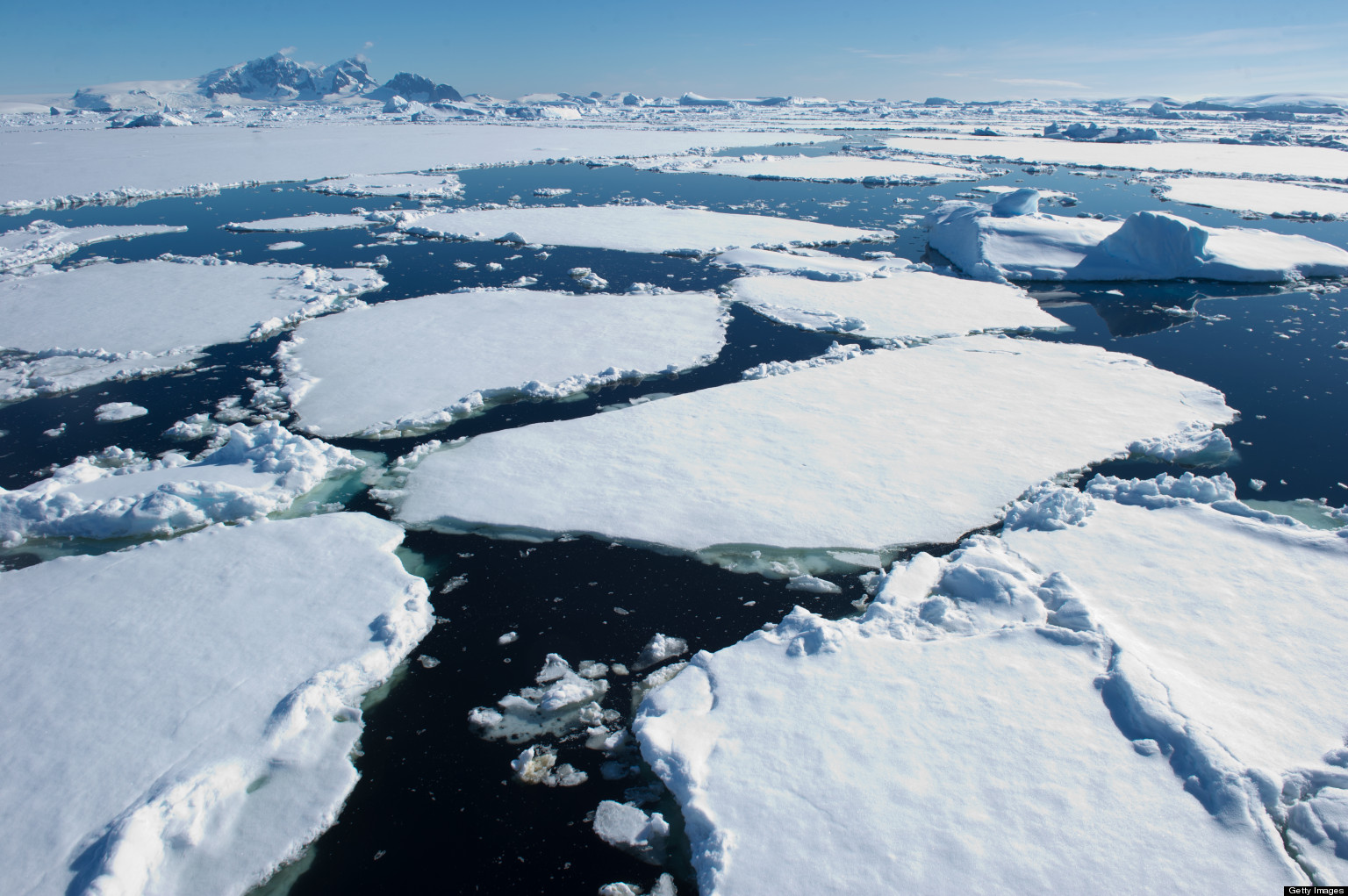This post gives a final explanation about what is happening in the Polar Regions as the cryosphere crumbles and what it means for the future.
In December 2015, the sea ice extent in the Arctic was the fourth lowest December extent in the satellite record averaging at 4.74 million square miles. As mentioned in a previous post on polar bears that rely on the sea ice for hunting seals, the sea ice is crucial for their survival. Thinner ice means that in summer 2016 the ice will melt more easily which will reduce the amount of ice for polar bears to hunt on. The prospect of an ice free summer in the Arctic is uncharted territory for humans and wildlife which will have to adapt to the new landscape or else reduce in numbers and be vulnerable to extinction.
In December 2015, the sea ice extent in the Arctic was the fourth lowest December extent in the satellite record averaging at 4.74 million square miles. As mentioned in a previous post on polar bears that rely on the sea ice for hunting seals, the sea ice is crucial for their survival. Thinner ice means that in summer 2016 the ice will melt more easily which will reduce the amount of ice for polar bears to hunt on. The prospect of an ice free summer in the Arctic is uncharted territory for humans and wildlife which will have to adapt to the new landscape or else reduce in numbers and be vulnerable to extinction.
For the Antarctic, a melting Antarctic peninsula provides
new challenges for the world as sea levels rise, endangering many of the planet's major cities such as London. The outcome and success of the various
agreements encompassing the Antarctic Treaty are still unknown and whether
humans can maintain the magnificent biodiversity Antarctica possesses in the
future is another matter.
 Figure 1: This picture illustrates that the cryosphere is certainly crumbling (source).
Figure 1: This picture illustrates that the cryosphere is certainly crumbling (source).
In my opinion as I end this blog, I feel that I have mostly
been pessimistic in the data that I have presented throughout the blog because
that is the general consensus – almost all scientists believe that
anthropogenic global warming is taking place which gives a negative outlook on
the health of the cryosphere. Nevertheless, there are a few positives such as
the possible adaptation of polar bears and world shipping benefiting from less
ice. I hope that I have given an insight into the crumbling cryosphere and its
challenges which are globally significant. On a final note, if humans slow
global warming like agreed in the COP21
Paris agreement, the cryosphere will crumble at a slower rate which can only be
beneficial to the planet.
No comments:
Post a Comment